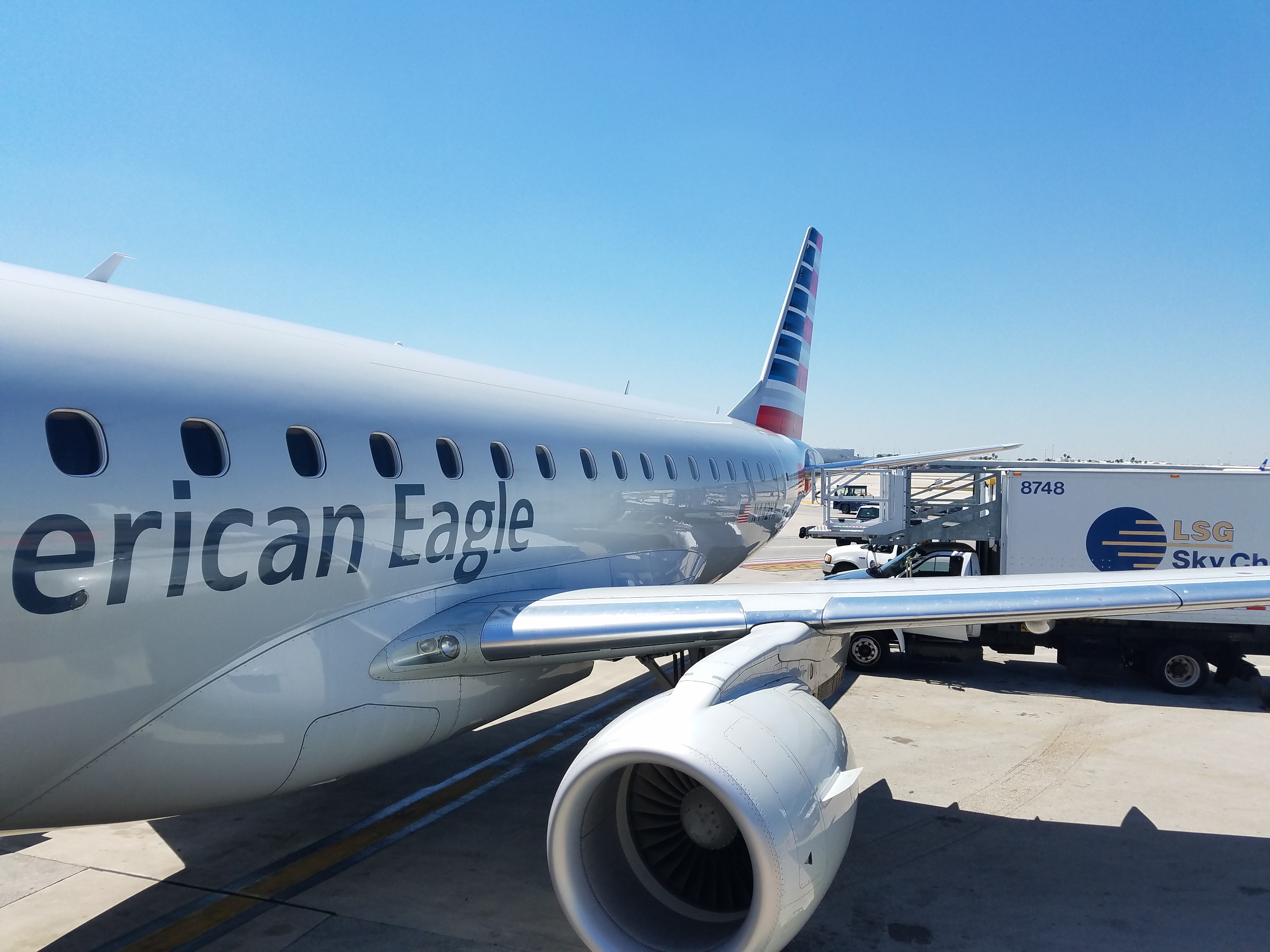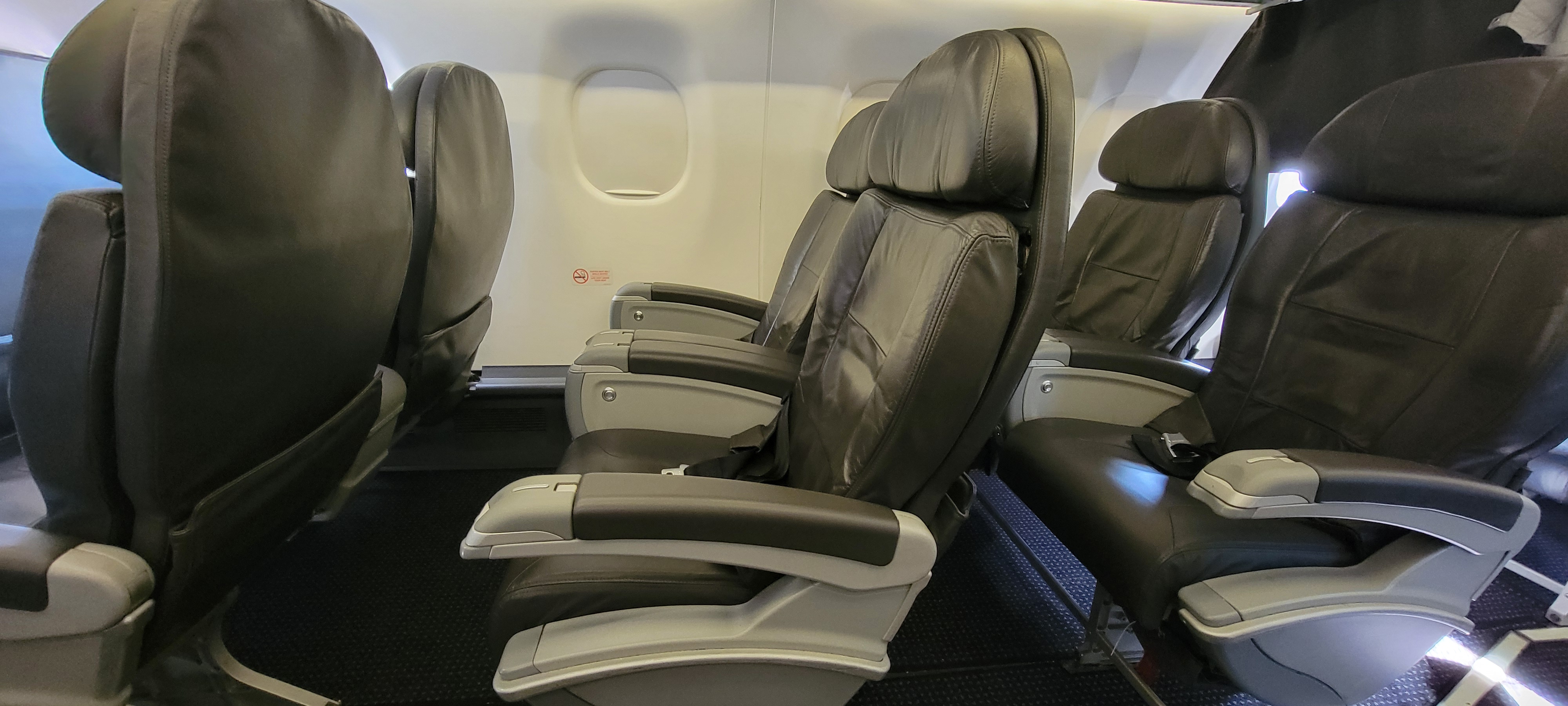A passenger is suing American Airlines because a flight attendant fell on her. The airline told the judge the incident was entirely the fault of another unruly passenger – but the judge wasn’t buying it – and the case is allowed to proceed, even though that other passenger allegedly pushed the flight attendant onto the seated customer, resulting in injuries.

On May 30, 2021, Njeri Williams was on American Airlines flight 2123 from Washington National to New York JFK, and had fallen asleep prior to takeoff. While the plane taxied out, a passenger further back in the cabin was having a loud and aggressive FaceTime conversation – and refused instructions from the crew to stop the call and switch the device to airplane mode.
The flight returned to the gate to offload the disruptive passenger. However, they didn’t remove her immediately. They reportedly paused for a discussion with her in the forward galley. That’s when she bumped the flight attendant who was walking down the aisle – pushing the crewmember onto Williams, who claims to have suffered a serious back injury that required hospitalization and physical therapy.
- Williams filed suit in May 2023 in the U.S. District Court for the District of Columbia, seeking $500,000 in damages. She accuses both the airline and its ground personnel of negligence for failing to promptly and properly handle the disruptive passenger.
- American Airlines moved for summary judgment, arguing that the incident was entirely the fault of the unruly passenger. The airline also sought to cap any potential damages under the Montreal Convention, which governs liability in international air travel.

The U.S. District Court for the District of Columbia judge in Williams v. American Airlines, Inc., et al. rejected American’s motion, finding sufficient evidence for a jury to consider whether American Airlines breached its own procedures by delaying removal of the disruptive passenger and allowing cabin traffic during an ongoing security concern. The judge also concluded that the Montreal Convention’s liability cap does not apply unless the airline can prove that the harm was solely caused by a third party, which it had not done.
The case has now entered a mediation phase, with a stay issued on March 25 and direction for the parties to submit status updates every 45 days.
(HT: Paddle Your Own Kanoo)
